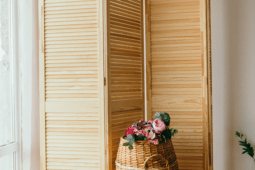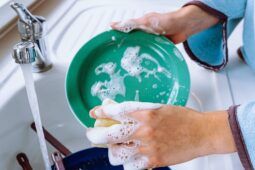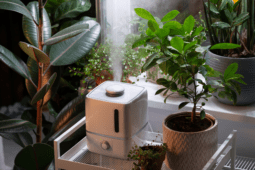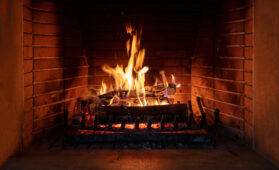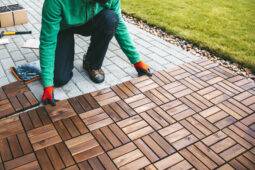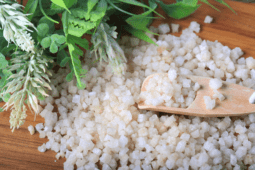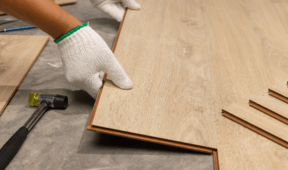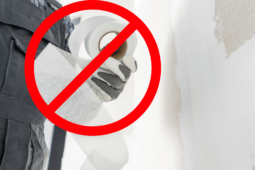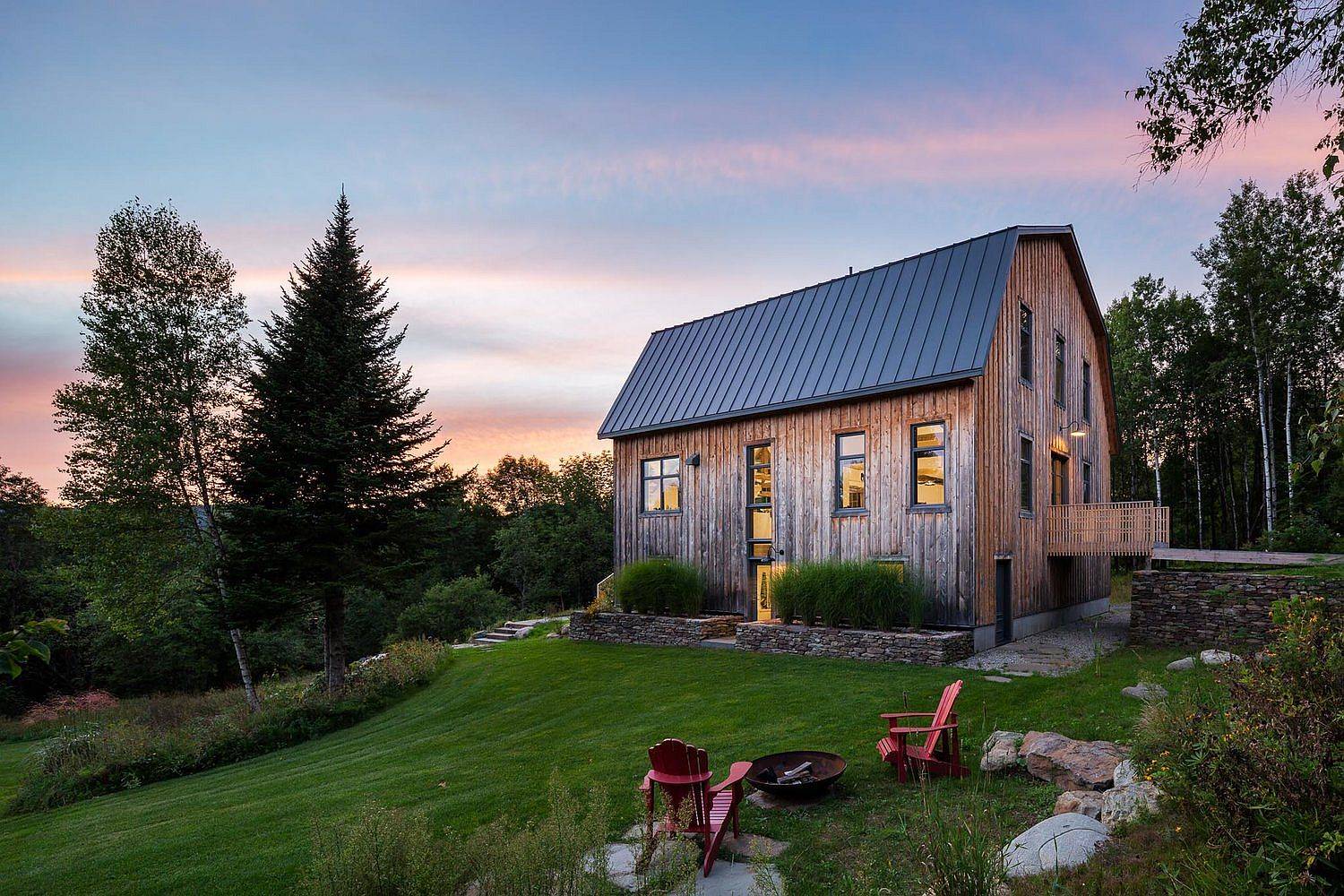10 Small Habits That Could Be Harming Your Home
It’s easy to overlook the small habits and routines we form in our daily lives, but some of these seemingly harmless actions can have a significant impact on the longevity and quality of our homes. While we may focus on major home improvement projects, it’s often the little things that go unnoticed that can cause the most damage over time. From neglecting routine maintenance to improper usage of household items, these small missteps can lead to costly repairs and depreciate the value of your home.
Awareness and proactive measures can help you avoid these pitfalls and ensure that your home remains a safe, comfortable, and valuable space for years to come. In this article, we will explore ten common habits that might be inadvertently harming your home and provide practical tips on how to address them.
Neglecting Regular Maintenance
Routine maintenance is essential to keep your home in top shape, but it’s easy to let it slide with a busy schedule. Skipping regular tasks like changing HVAC filters, cleaning gutters, and inspecting your roof can lead to significant issues over time. Dirty filters can reduce air quality and increase energy costs, while clogged gutters can cause water damage and foundation problems.
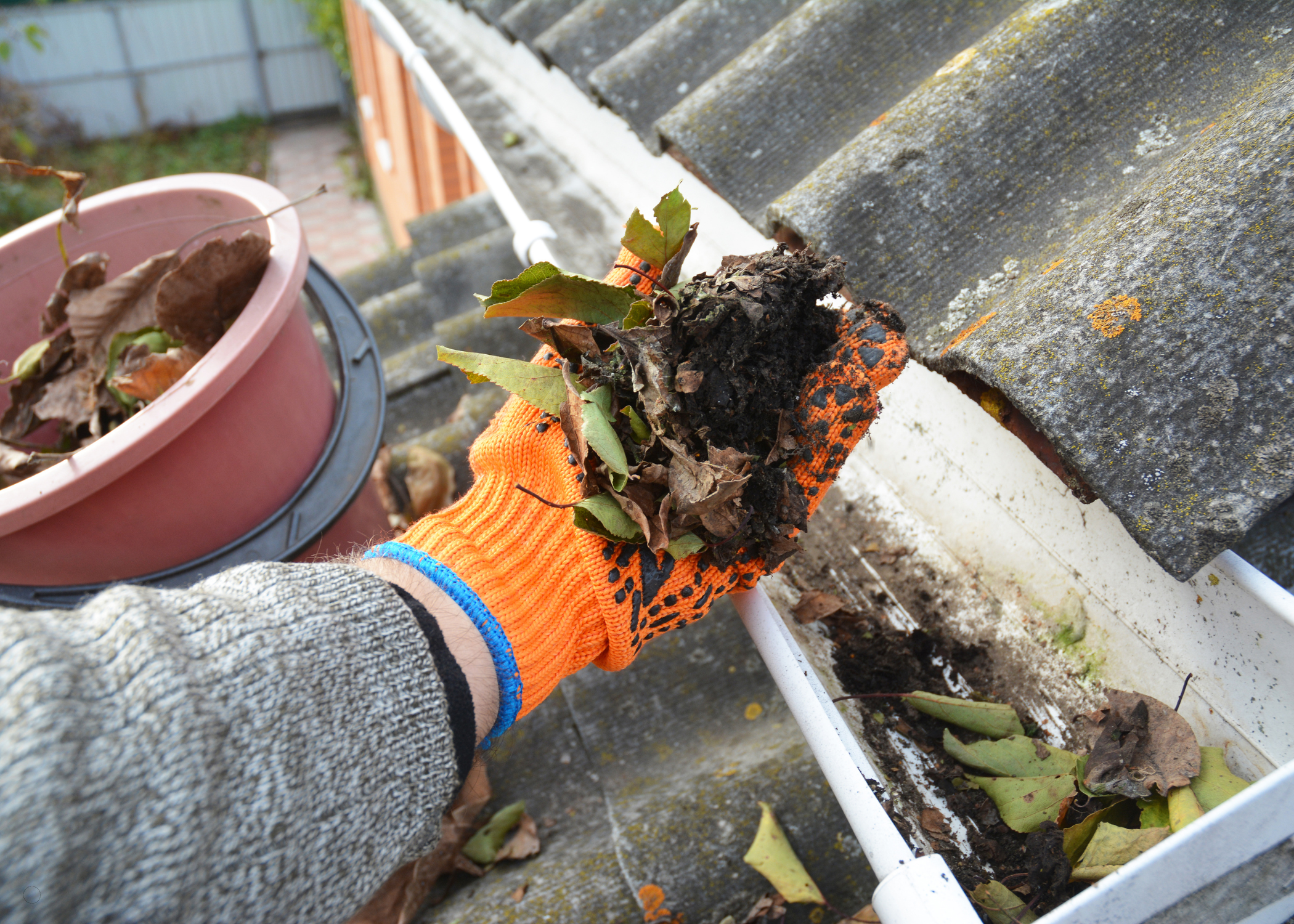
A neglected roof can develop leaks that lead to mold growth and structural damage. Setting up a maintenance calendar and sticking to it can help you stay on top of these crucial tasks.
Ignoring Small Leaks
A tiny drip from a faucet or a minor leak in the roof may seem insignificant, but over time, these small leaks can lead to major water damage. Water can seep into walls, floors, and ceilings, causing mold growth, wood rot, and even structural damage. It can also increase your water bills.
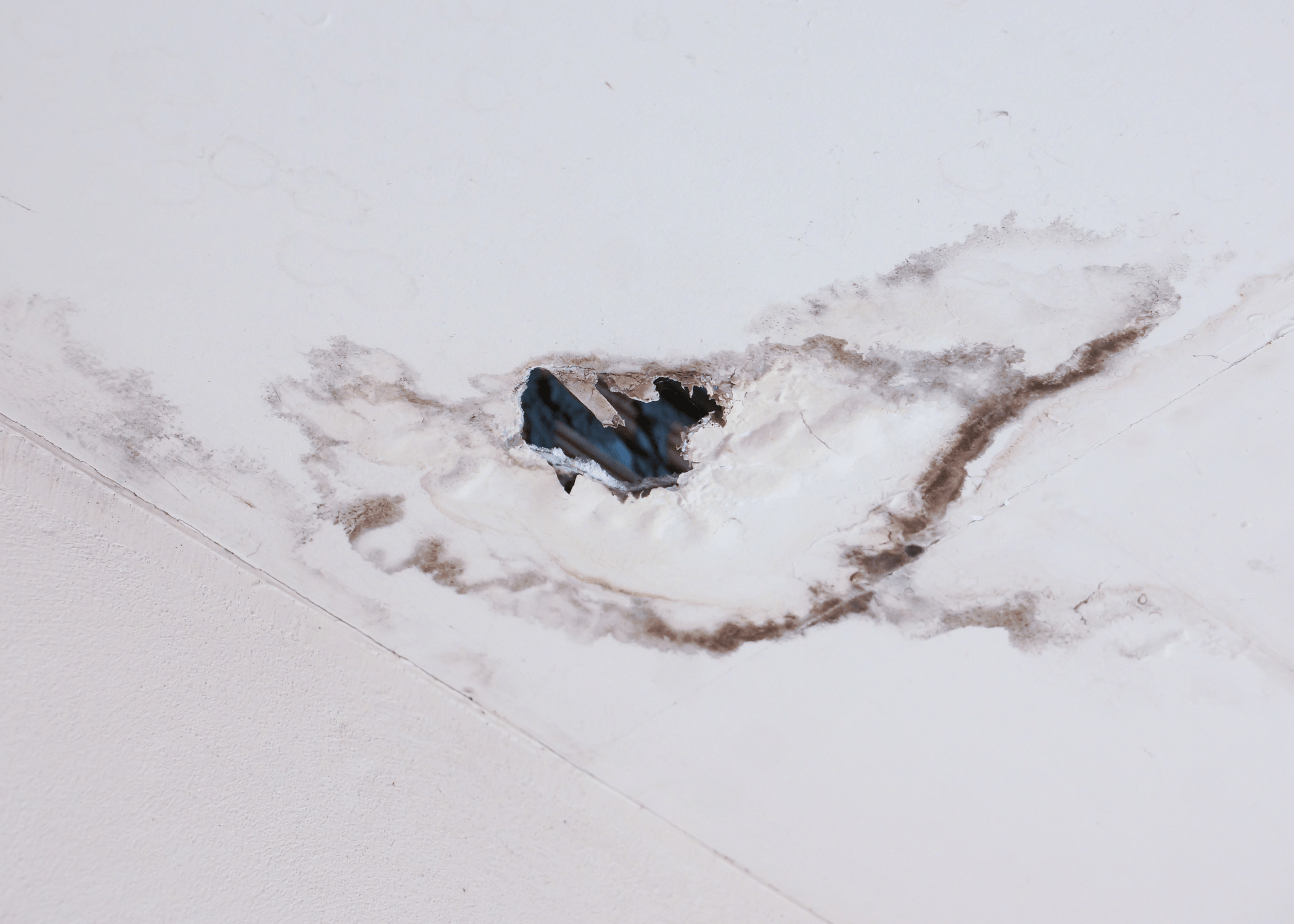
Addressing leaks as soon as they are noticed can prevent these problems. Regularly check under sinks, around toilets, and in the attic for any signs of moisture or water damage.
Overloading Electrical Outlets
In an age where households are filled with electronic devices, it’s tempting to plug multiple gadgets into a single outlet. However, overloading electrical outlets can be hazardous and potentially lead to electrical fires. Each outlet has a specific capacity, and exceeding this limit can cause overheating and damage to the wiring.
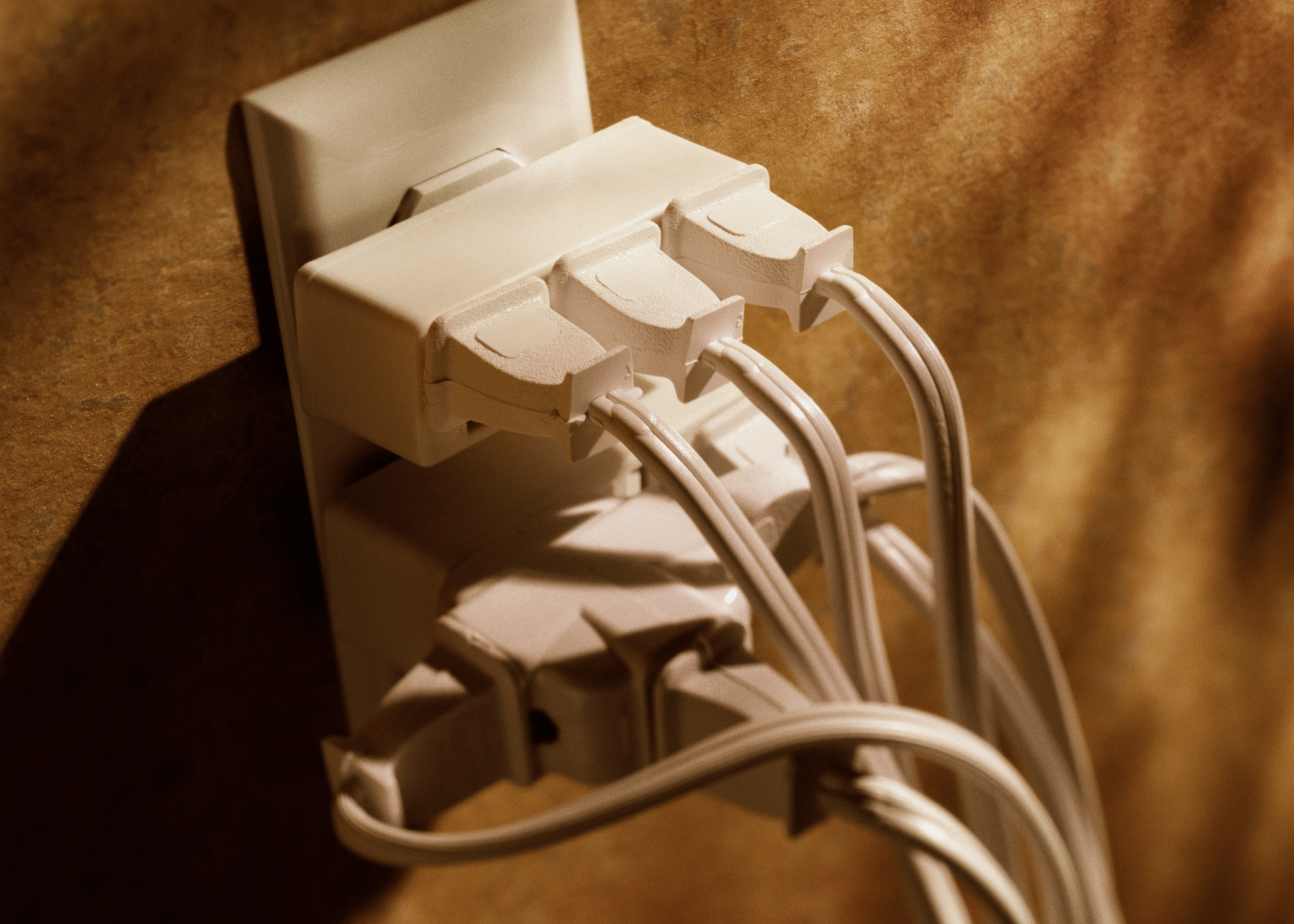
To prevent this, use power strips with surge protectors and avoid daisy-chaining multiple extension cords. It’s also wise to consult an electrician to ensure your home’s electrical system can handle your power needs.
Using Harsh Cleaning Products
While it might seem like strong, chemical-laden cleaning products are the best way to keep your home spotless, they can actually cause more harm than good. Harsh chemicals can damage surfaces, degrade finishes, and even pose health risks. For example, bleach can weaken grout and damage stainless steel, while ammonia-based cleaners can dull the finish on hardwood floors.
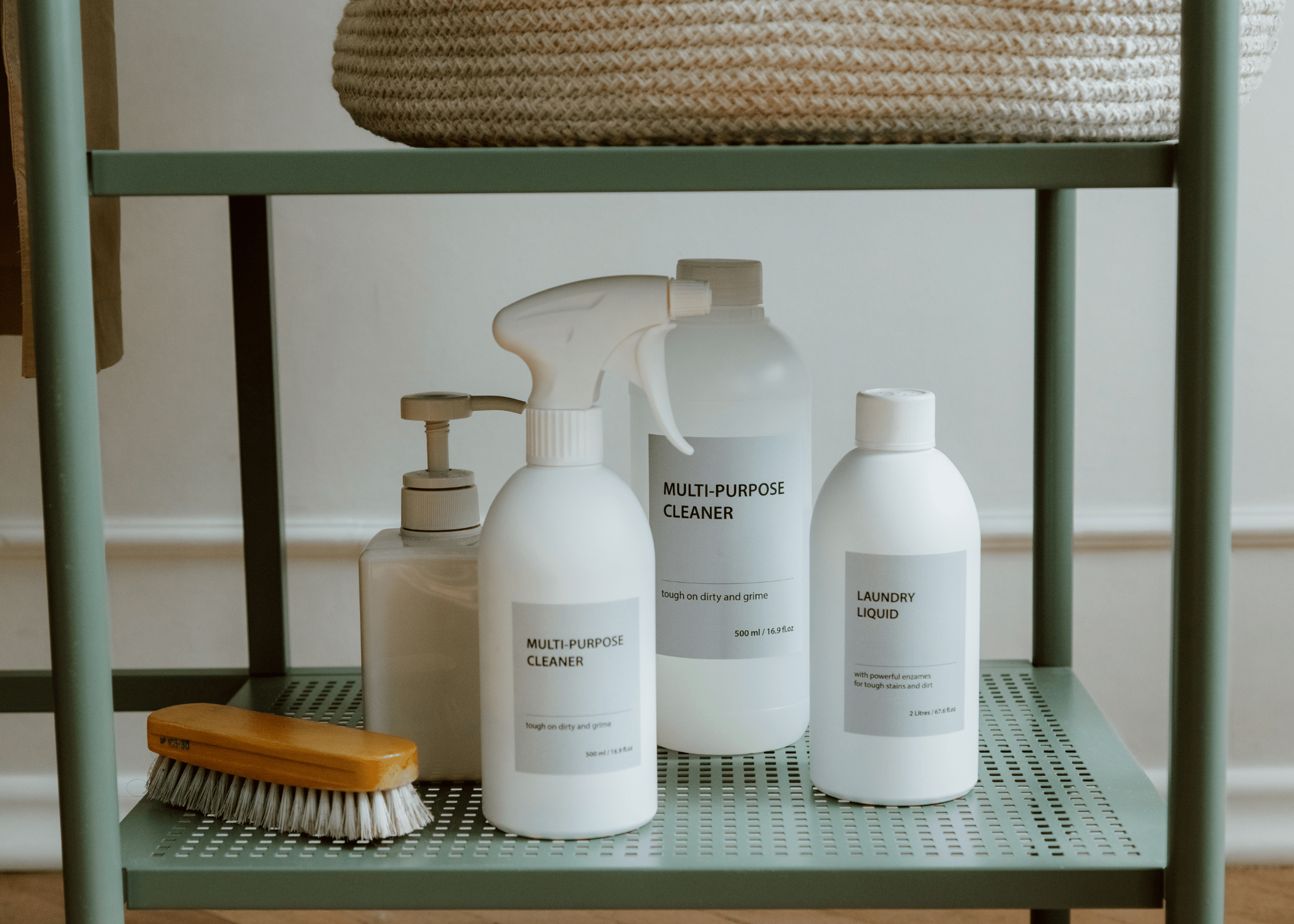
Opt for milder, eco-friendly cleaning solutions that are safe for both your home and your health. Regular cleaning with gentle products can maintain the appearance and longevity of your home’s surfaces.
Ignoring Pest Control
Pests can cause significant damage to your home if left unchecked. Termites, rodents, and other pests can chew through wood, wiring, and insulation, leading to costly repairs. Regular pest inspections and preventative measures, such as sealing entry points and keeping your home clean, can help keep infestations at bay.
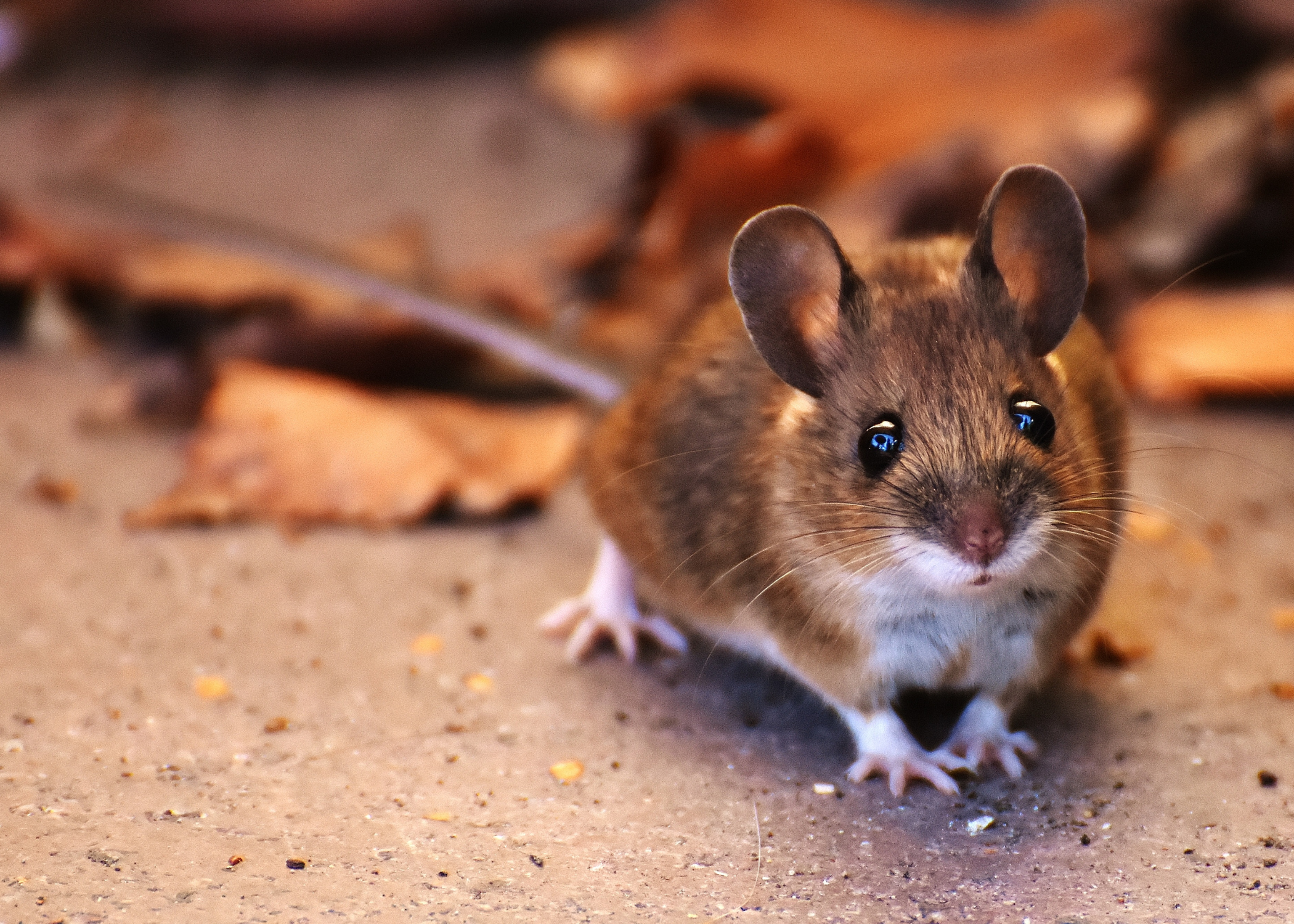
If you notice signs of pests, such as droppings or damaged wood, it’s important to call a professional exterminator right away.
Not Ventilating Properly
Proper ventilation is crucial for maintaining good air quality and preventing moisture buildup in your home. Poor ventilation can lead to mold growth, musty odors, and even respiratory issues. Make sure that your home has adequate ventilation, especially in high-moisture areas like bathrooms and kitchens.
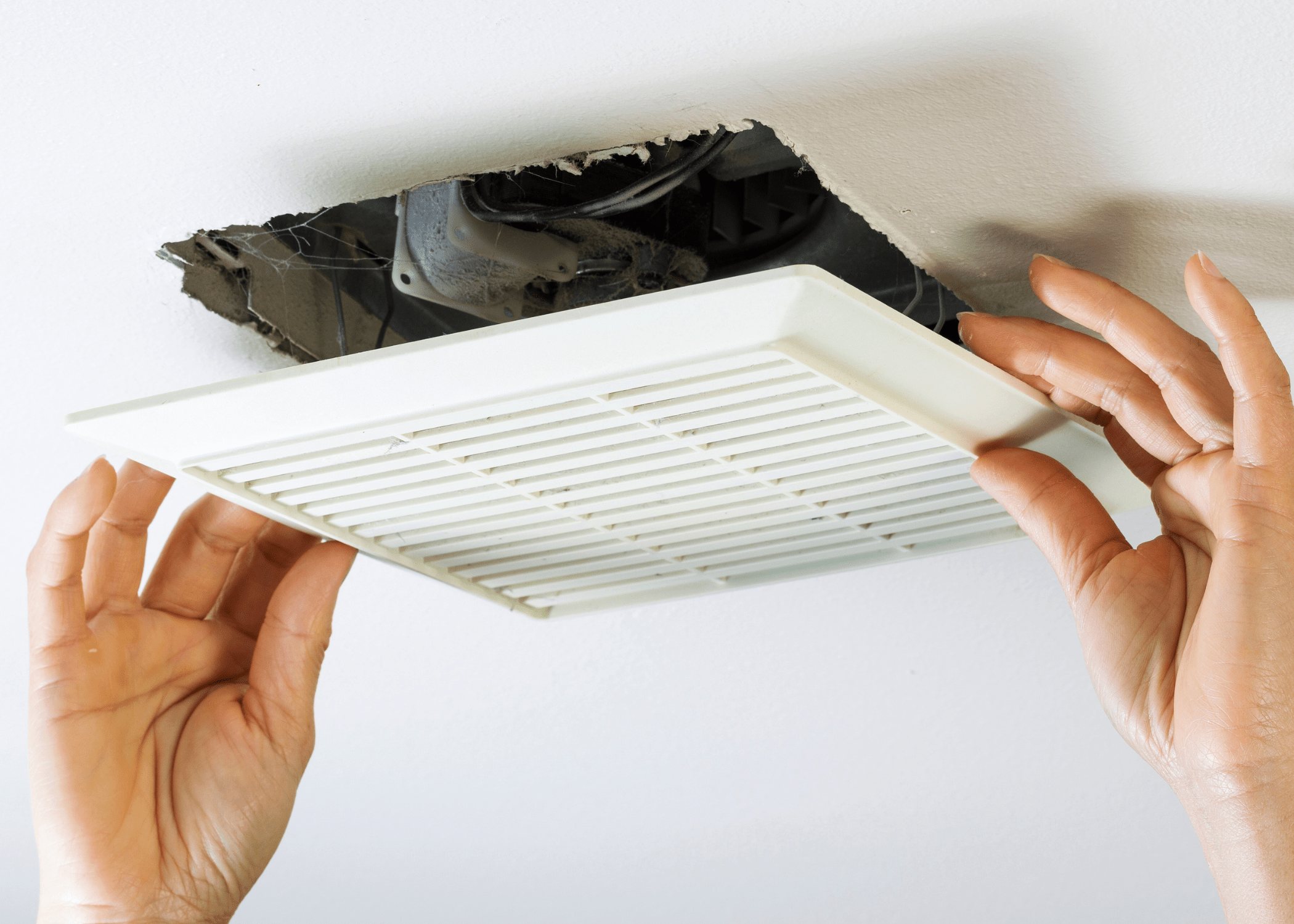
Use exhaust fans, open windows, and consider installing a whole-house ventilation system if necessary. Regularly check and clean vents to ensure they are functioning properly.
Skipping Chimney Inspections
If you have a fireplace, regular chimney inspections are a must. Creosote buildup, cracks, and blockages can pose serious fire hazards and reduce the efficiency of your fireplace. An annual inspection by a certified professional can identify and address these issues before they become dangerous. Regular cleaning can prevent chimney fires and improve air quality in your home.
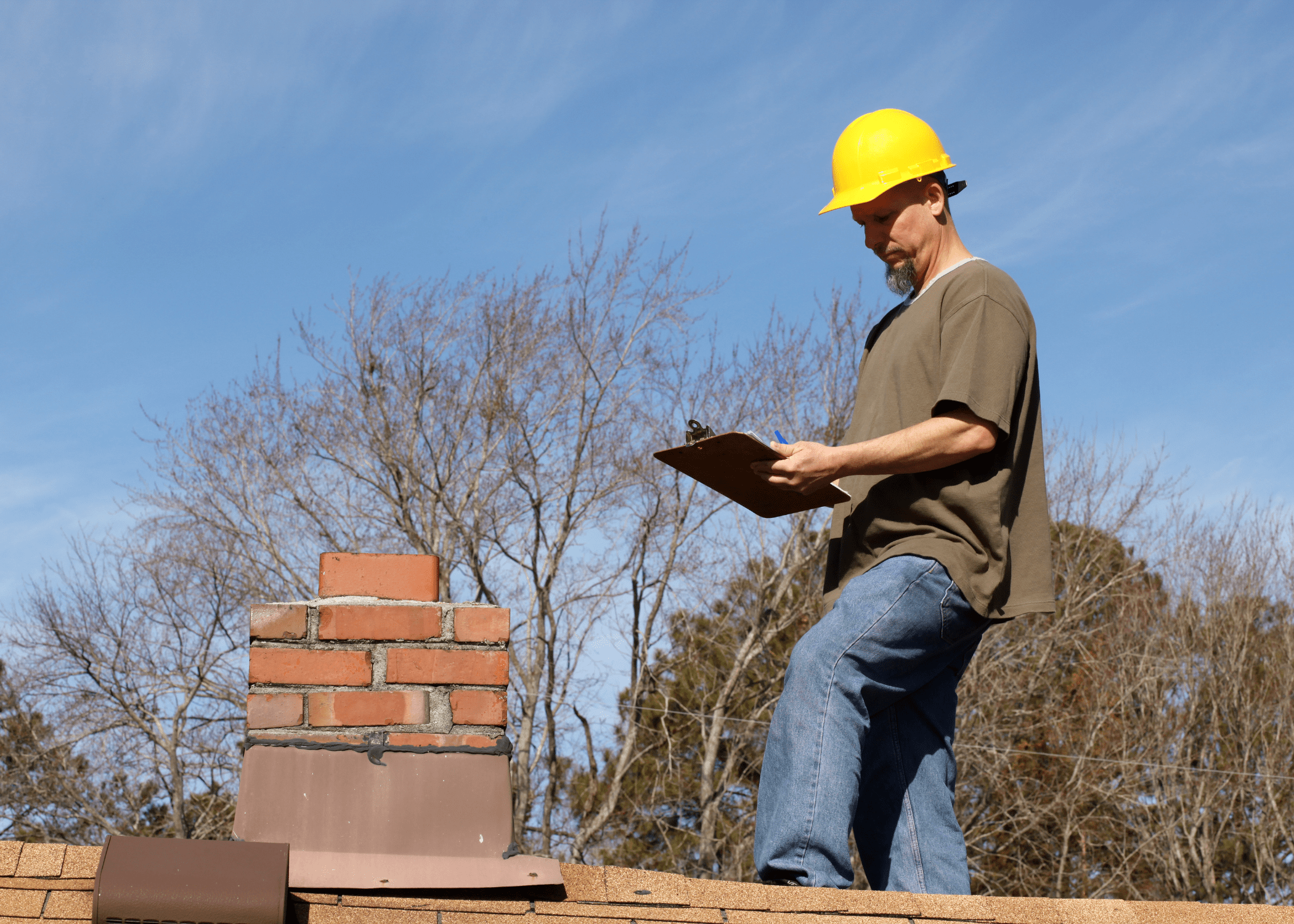
Using the Wrong Paint
Choosing the right paint for different areas of your home is more important than you might think. Using interior paint on exterior surfaces, or vice versa, can lead to peeling, cracking, and reduced durability. Using the wrong type of paint in high-moisture areas like bathrooms can result in mold and mildew growth.
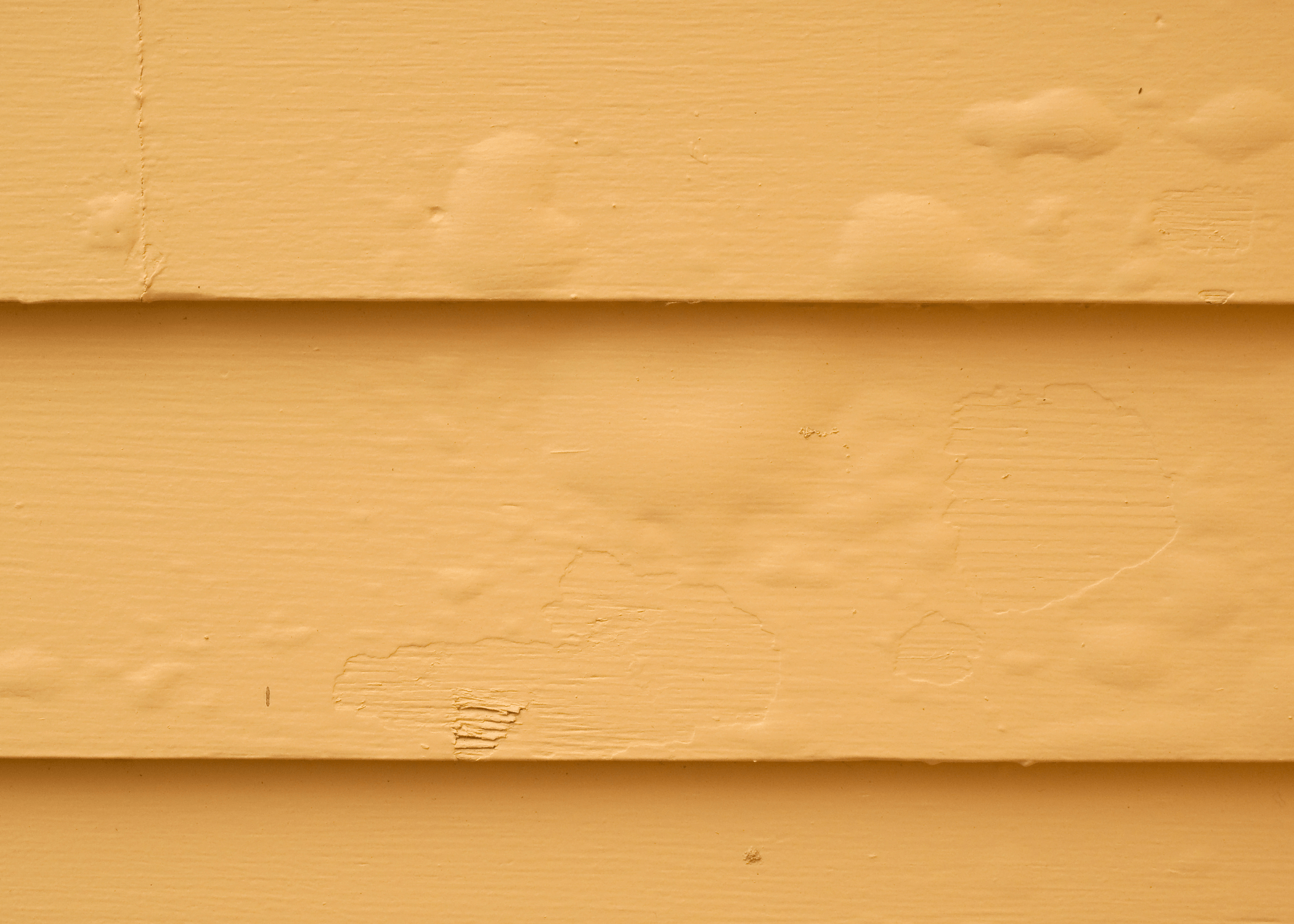
Always choose paint that is specifically designed for the surface and environment in which it will be used. This ensures better adhesion, longevity, and overall appearance.
Ignoring Foundation Cracks
Small cracks in your home’s foundation might seem like no big deal, but they can quickly escalate into major structural issues. Water can seep into these cracks, causing them to expand and potentially leading to significant damage.
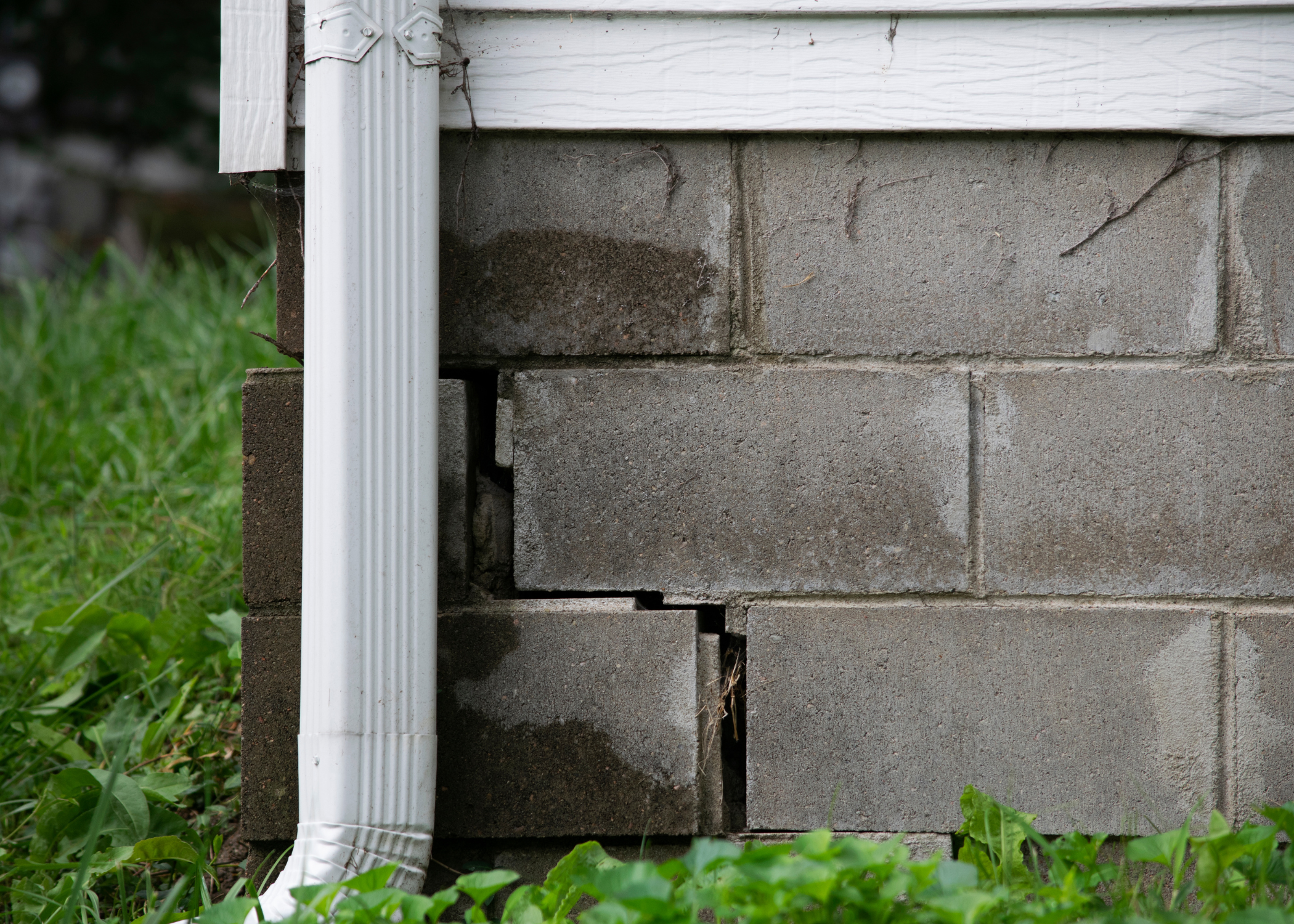
Regularly inspect your foundation for any signs of cracking or shifting, and address these issues immediately. A professional can assess the severity of the cracks and recommend the appropriate repairs to prevent further damage.
Overlooking Landscaping Maintenance
Your yard and landscaping can have a big impact on the health of your home. Overgrown trees and shrubs can damage siding, roofs, and windows, while poor drainage can lead to water pooling around your foundation.
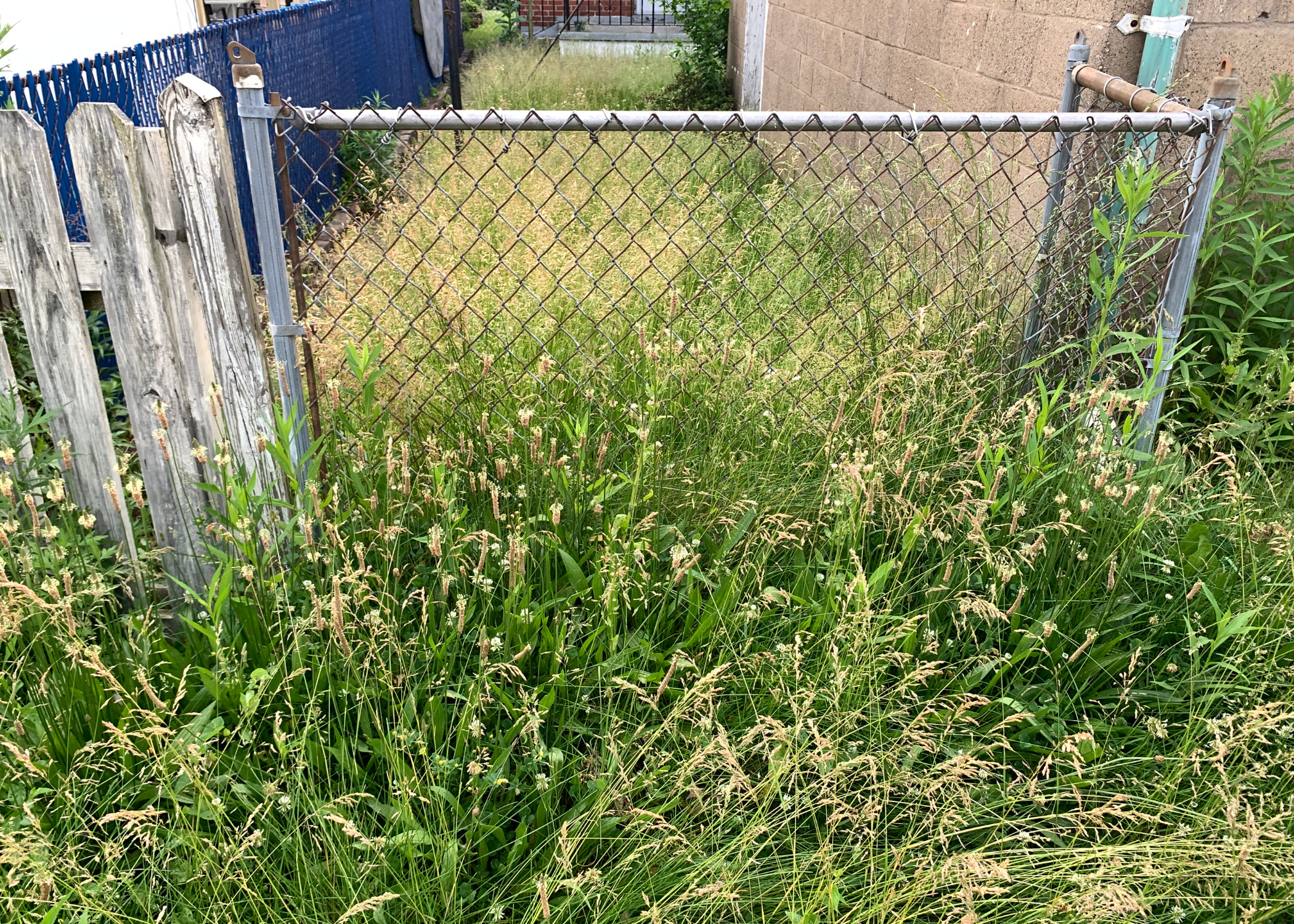
Regularly trim trees and shrubs to keep them from encroaching on your home, and ensure that your yard is graded properly to direct water away from your foundation. Implementing a landscaping plan that includes proper drainage and regular maintenance can protect your home from potential damage.
Related Articles
By being mindful of these ten common habits and taking proactive steps to address them, you can protect your home from unnecessary damage and ensure it remains a safe, comfortable, and valuable place to live. Regular maintenance, proper care, and attention to detail can go a long way in preserving the integrity and longevity of your home.

